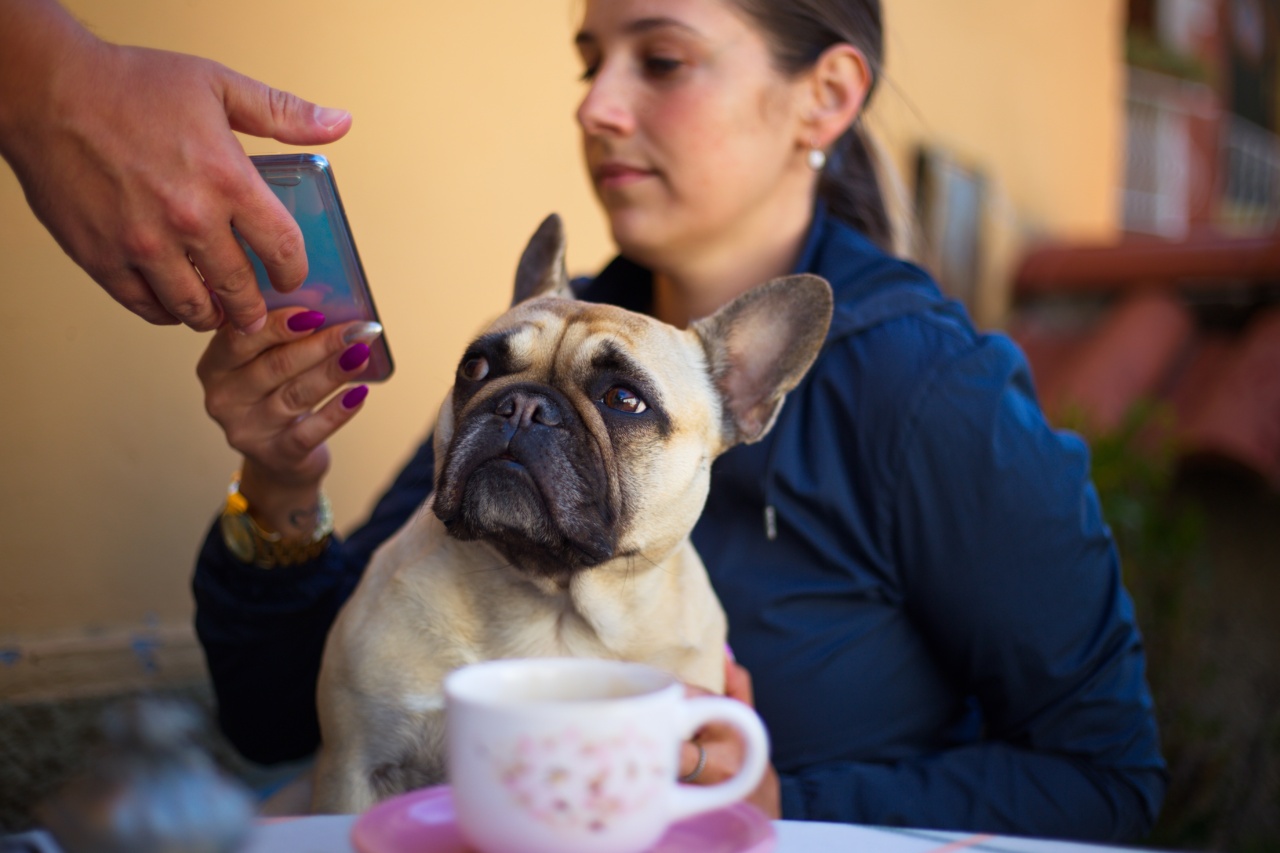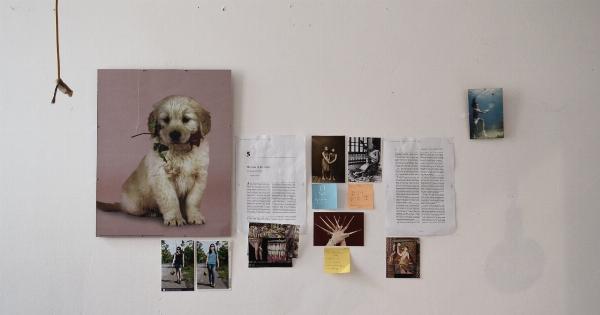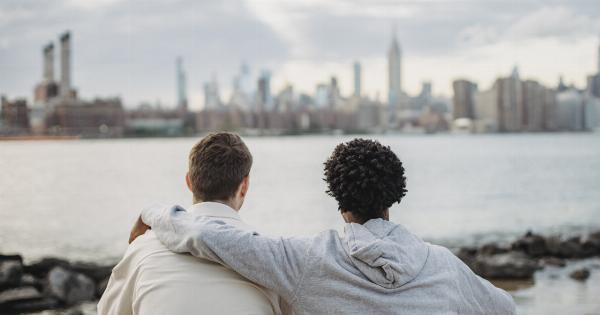Socializing your puppy today will make them a well-adjusted and friendly dog in the future. It’s important that pet owners understand that the socialization period for puppies is entirely different compared to humans.
Puppies should be exposed to different people, animals, sights, and sounds in their first few months of life. The following are effective puppy socialization techniques that pet owners can use:.
1. Gradual Exposure
Socializing puppies is a gradual process, which should start early and end late. You should not expose your dog to all social situations at once.
Puppies are like infants that can get overwhelmed by the new experiences, so it’s essential to take it slowly and not rush things. Gradual exposure to new things is the best way to socialize your puppy.
2. Positive Reinforcement
Positive reinforcement is the key to dog training. Rewarding your dog with treats, praise, or toys every time they interact appropriately with other animals or people will encourage good behavior.
This technique will help your dog associate good behavior with positive feedback and make them feel more comfortable in social environments.
3. Meet New People
Introducing your puppy to new people is a critical part of socializing them. It’s essential to expose your puppy to individuals of different ages, races, and gender.
This exposure will teach your dog how to interact with people, and make them less anxious when meeting someone new.
4. Let Them Meet Other Dogs
Puppies that are socialized with other dogs tend to be more confident and less aggressive. It’s important to expose your puppy to other dogs of all sizes, breeds, and ages.
Encouraging positive interactions with other dogs will teach your puppy how to behave with their own kind. This exposure will help them learn to how to communicate using dog body language and reduce the risk of aggressive behavior.
5. Exposure to Different Sounds and Sights
Puppies are sensitive to different sights and sounds than humans. The best way to teach your dog to react calmly to these things is to gradually expose them to them.
For example, a puppy should be exposed to the sound of thunder and fireworks while under close supervision. Over time, the puppy will recognize these sounds as normal and not be afraid. Different sights, such as bicycles, strollers, and cars, should also be introduced slowly, to help them get familiar with their surroundings.
6. Join Group Training Classes
Group training classes can provide a positive environment for your puppy to interact with other dogs and learn basic socialization skills. It’s also an opportunity for your puppy to learn obedience commands in a structured environment.
Attending training classes at an early age will help your dog acclimate gradually to new and unfamiliar situations.
7. Take Your Dog to New Places
Exposing your puppy to new settings, including parks, cafes, and pet stores, can have a positive effect on their socialization. Allowing your puppy to explore new surroundings, meet new people, and dogs can help reduce anxiety.
It’s best to start with quieter places before venturing to busier environments, so your puppy can slowly acclimate in a comfortable manner.
8. Set Realistic Goals
Socializing your puppy is a long process, and it’s important to go at a reasonable pace. Set achievable goals for your puppy, such as introducing them to new people, taking them to parks, and learning basic commands.
Small socialization steps can lead to big wins later down the road. These goals can help you build your dog’s confidence, and ensure that your puppy enjoys the socialization process.
9. Create a Routine
Having a regular routine is essential for any puppy. Create a socialization schedule that is consistent, structured, and well planned out. Consistency and structure create a nurturing environment, which can help with the socialization process.
Routines can also provide your puppy with a sense of security and comfort, which can reduce anxiety in social environments.
10. Be Patient
Puppies have their personalities, and some are more social than others. It’s vital to be patient and respect your puppy’s pace. Pushing your dog too much too soon can have negative consequences and undo all the progress made.
Each puppy is different, and they don’t need to accomplish the same things at the same time. Being patient, loving, and positive towards your puppy will help them acclimate more quickly and effectively to social environments.


























